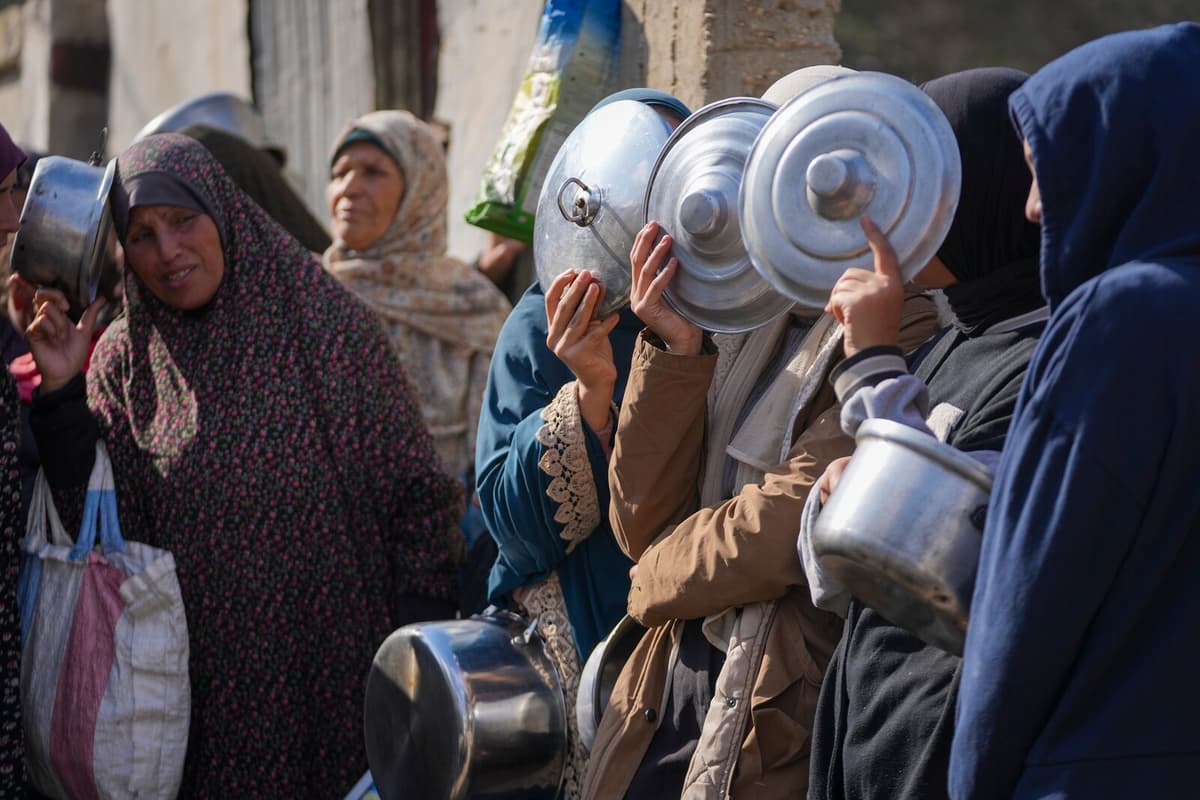When Doaa Hellis finds worn-out old blankets and clothes that are too torn to use, she takes them immediately. She tears the fabric into strips to use as sanitary pads.
As soon as we find fabric that no one uses, we take it and tear it apart, says Hellis, a mother of three who lives in a tent camp in Dayr al-Balah in central Gaza Strip.
Sanitary pads for a high price – if they exist
Here, there are no functioning toilets, the sewage flows directly onto the streets, and many wear the same clothes for weeks on end because they were forced to flee in haste. The daily struggle consists of getting food, clean water, and firewood. Hygiene products for women come low on the list when many are fighting to survive the day.
When sanitary pads are available for purchase, they are far too expensive. Hellis says that a package costs 45 shekels, which corresponds to approximately 120 Swedish kronor – an enormous sum for people who barely have any money at all.
Even two-child mother Wafaa Nasrallah testifies to the difficulties. Sometimes she tears apart diapers, which are also expensive, to use as sanitary pads. And getting a little private space to take care of her hygiene is almost impossible. "The bathroom" consists of a hole in the ground, surrounded by blankets held up with wooden sticks, the two-child mother explains.
High risk for women's health
About 90 percent of Gaza's population is said to be on the run. According to the UN, nearly 700,000 women and girls are in need of sanitary products. Aid workers on site testify to empty warehouses and unreasonable prices for the products that can be obtained.
The terrible conditions pose great risks to women's health, says Amal Syam, head of the Women's Affairs Center (WAC), which provides supplies to women in Gaza and maps their experiences.
Some women use birth control pills to stop menstruation. Others testify to disruptions and missed periods due to stress and trauma.
No joy in being a woman
Syam is convinced that the lack of hygiene will lead to skin diseases and reproductive health-related illnesses. Moreover, the women's center has met girls who got married before the age of 18, solely to escape the cramped environment in the family's tent.
The conflict continues to cause a humanitarian catastrophe in every sense of the word. And the war's price is always highest for women, says Amal Syam.






